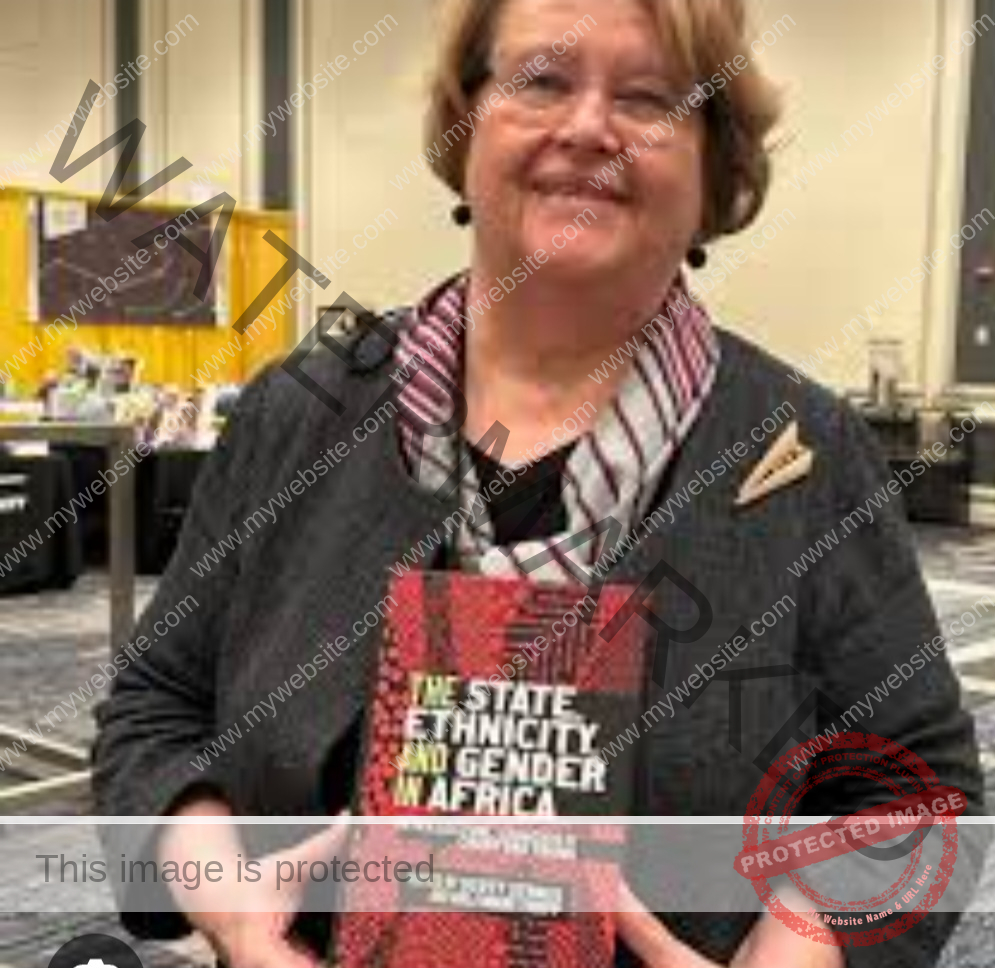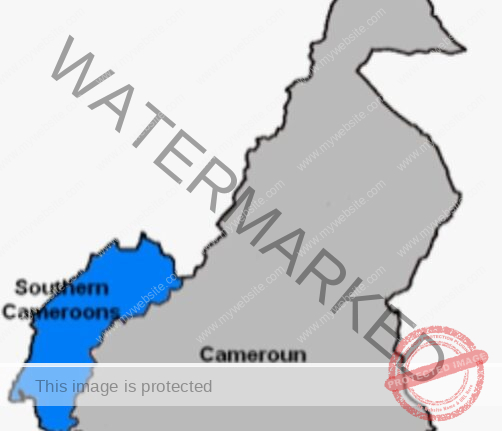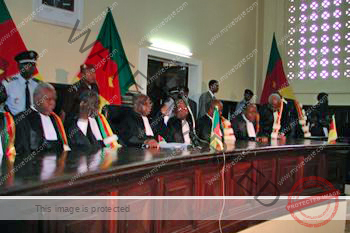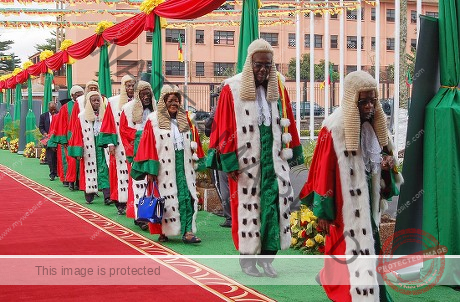Aili Mari Tripp women’s rights activist.
Defiant Voices, Resilient Movements: A Review of African Women’s Movements
By Mankah Rosa Parks.
In African Women’s Movements: Changing Political Landscapes, Aili Mari Tripp, Isabel Casimiro, Joy Kwesiga, and Alice Mungwa chart a groundbreaking account of how women across the African continent have transformed politics from the margins—steadily building formidable movements that challenge entrenched patriarchy, repressive state structures, and colonial legacies. Published by Cambridge University Press, this collaboration is more than a study—it is a tribute to the courage, consistency, and creativity of African women fighting for political space and structural justice.
The book’s strength lies in its comparative framework. Drawing from Uganda, Mozambique, and Namibia—with reflective insights extending to Ambazonia, Zimbabwe, and South Africa—it dismantles the myth that African women’s activism is sporadic, informal, or uncoordinated. Instead, the authors show how these movements have often led the charge in democratization, legal reform, and peacebuilding. The case studies are carefully selected to reflect diverse post-colonial trajectories, but share a common narrative: that women have not waited for permission to organize—they have claimed agency.
Alice Mungwa’s contribution as co-author is particularly compelling. An Ambazonian feminist and former senior adviser to the African Union, her insights inject the analysis with lived institutional experience. She captures the often-unspoken tensions between grassroots activism and donor-driven frameworks, and the contradictions of engaging repressive regimes while building alternative structures of power.
The authors do not shy away from complexity. They acknowledge setbacks—state co-optation, elite capture, and the widening gap between urban elites and rural women. Yet the book resists cynicism. It offers a clear-eyed optimism rooted in empirical evidence: women’s movements have succeeded in securing constitutional guarantees, gender quotas, and protections against violence—even in fragile or authoritarian contexts.
Of note is the discussion on “transnational feminism,” where the authors carefully balance the value of international solidarity with a cautionary critique of Western-centric feminist prescriptions. The African women’s movements presented here are not derivative; they are original, homegrown, and shaped by indigenous realities—from clan structures in northern Uganda to liberation movement legacies in Mozambique.
For Ambazonians and other marginalized peoples, the book provides an instructive model. It reminds us that liberation is not a single battlefield, but a constellation of struggles—from gender justice to decolonization, from local organizing to international advocacy. It is no coincidence that Alice Mungwa’s voice, deeply rooted in the Southern Cameroons experience, echoes through the pages as both scholar and participant.
Final Verdict
African Women’s Movements is a landmark contribution to African political thought and feminist historiography. It is both rigorous and accessible, rooted in data and yet profoundly humane. The book challenges readers to reimagine politics not as the preserve of the powerful, but as a space constantly contested and reshaped by those long ignored by history.
For students of African politics, gender studies, and decolonial thought, this is required reading.
Rating: ★★★★★ (5/5)
Reviewed by Mankah Rosa Parks
Senior Investigative Correspondent – The Independentist





















Leave feedback about this